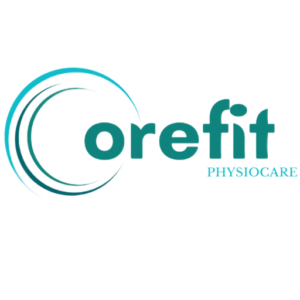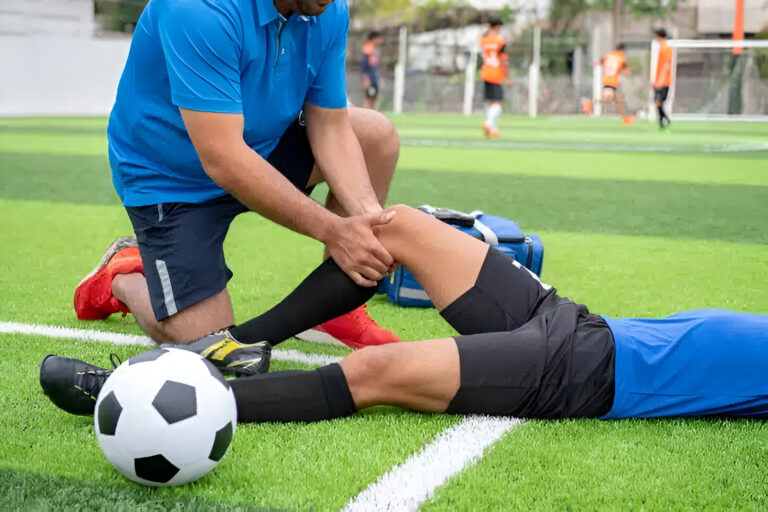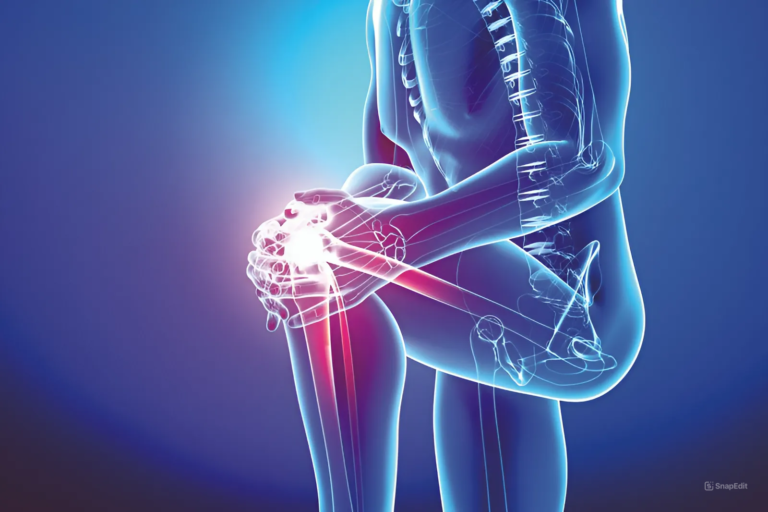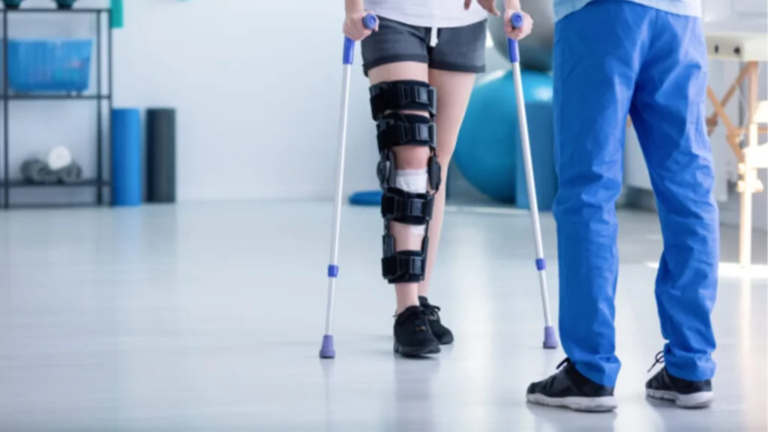Why Physiotherapy is the Best Solution for Lower Back Pain Recovery?
Lower back pain is a common condition that affects millions of people worldwide, disrupting their daily activities and impacting their quality of life. While various treatment options exist, physiotherapy stands out as one of the most effective solutions for lower back pain recovery. This blog explores the reasons why physiotherapy is the best choice for alleviating lower back pain, focusing on its personalized approach, expert techniques, and long-term benefits.
Understanding Lower Back Pain
Lower back pain can arise from various causes, including:
- Muscle Strains: Often due to heavy lifting, sudden movements, or overuse.
- Herniated Discs: Occurs when the discs between the vertebrae protrude and press on the spinal nerves.
- Arthritis: Degenerative changes in the spine can lead to pain and stiffness.
- Injuries: Accidents or falls can result in trauma to the back.
- Postural Issues: Poor posture while sitting, standing, or sleeping can strain back muscles.
The Impact of Lower Back Pain
The effects of lower back pain can be profound. It can limit mobility, reduce productivity, and affect emotional well-being. Many individuals resort to over-the-counter medications, bed rest, or alternative therapies, but these solutions often provide only temporary relief. To achieve lasting recovery, it’s essential to address the underlying issues contributing to the pain.
The Physiotherapy Advantage
- Personalized Treatment Plans
One of the most significant advantages of physiotherapy is the individualized approach taken by physiotherapists. Each patient’s experience with lower back pain is unique, and a thorough assessment allows physiotherapists to tailor a treatment plan that addresses specific needs. This personalized care involves:
- Comprehensive Evaluation: Physiotherapists conduct detailed assessments to identify the source of pain and any contributing factors. This may include assessing posture, range of motion, and strength.
- Goal Setting: Based on the evaluation, therapists work with patients to set realistic goals for recovery, whether that involves reducing pain, improving mobility, or enhancing overall function.
- Expert Techniques and Modalities
Physiotherapists employ various evidence-based techniques and modalities to facilitate recovery from lower back pain, including:
- Manual Therapy: Hands-on techniques like mobilization and manipulation can help reduce pain, improve mobility, and restore function.
- Therapeutic Exercises: Targeted exercises strengthen the core and back muscles, promoting stability and preventing future injuries. These exercises are customized to each patient’s condition and capabilities.
- Posture Education: Physiotherapists provide guidance on proper body mechanics, helping patients develop better posture and movement patterns that reduce stress on the lower back.
- Modalities: Techniques like heat, cold therapy, ultrasound, or electrical stimulation can alleviate pain and inflammation, enhancing the healing process.
Also Read: How Sports Physiotherapy Helps Athletes Bounce Back from Injuries Faster?
- Focus on Education and Self-Management
Physiotherapy emphasizes patient education, equipping individuals with knowledge and skills to manage their condition effectively. This includes:
- Understanding the Condition: Patients learn about the mechanics of their back pain, fostering a better understanding of their bodies and recovery process.
- Self-Management Strategies: Physiotherapists teach techniques for managing pain at home, such as stretching routines, ergonomic adjustments, and lifestyle modifications.
- Preventive Measures: By understanding the factors that contribute to lower back pain, patients can implement changes to prevent recurrences in the future.
- Holistic Approach to Recovery
Physiotherapy considers the whole person rather than just the symptom of lower back pain. This holistic approach involves:
- Mental Well-Being: Chronic pain often leads to stress, anxiety, or depression. Physiotherapists recognize the emotional aspects of pain and incorporate strategies to improve mental well-being, such as relaxation techniques and mindfulness.
- Lifestyle Modifications: Physiotherapy encourages healthy habits, such as regular physical activity, weight management, and good nutrition, which play a crucial role in overall health and back pain prevention.
- Evidence-Based Practice
Physiotherapy is rooted in scientific evidence. Physiotherapists stay updated on the latest research and treatment techniques to provide the best care possible. This evidence-based approach ensures that patients receive effective interventions that are proven to work for lower back pain recovery.
Conclusion
Physiotherapy is a comprehensive and effective solution for lower back pain recovery. Its personalized treatment plans, expert techniques, emphasis on education, and holistic approach make it a valuable resource for individuals seeking relief and long-term recovery. Rather than masking the pain with temporary solutions, physiotherapy addresses the root causes and empowers patients to take control of their health.
If you’re struggling with lower back pain, consider consulting a qualified physiotherapist who can guide you on your journey to recovery. With the right support and treatment, you can regain your mobility, reduce your pain, and improve your overall quality of life.







